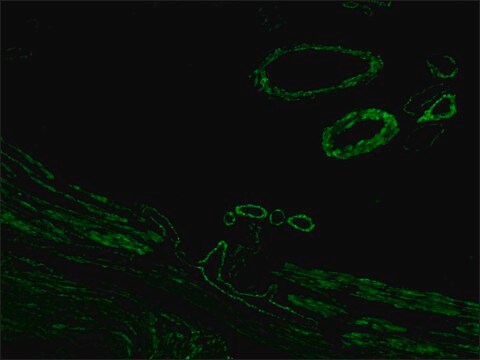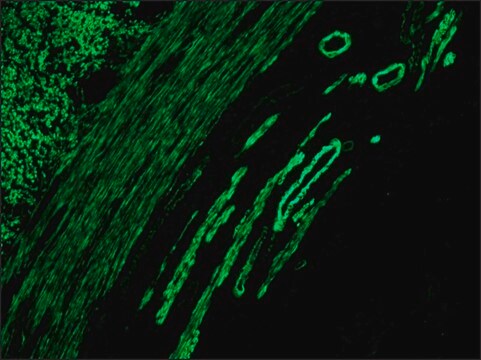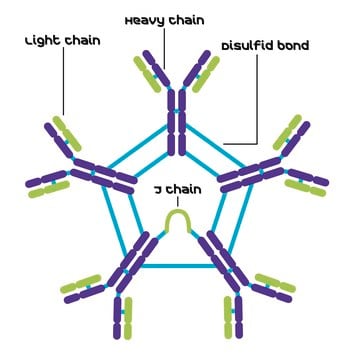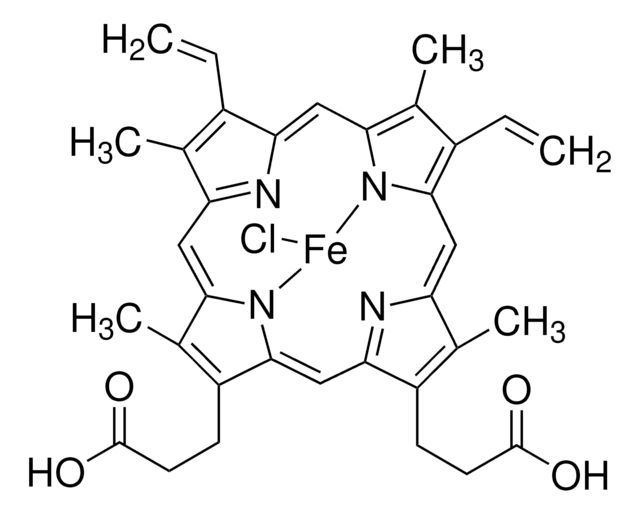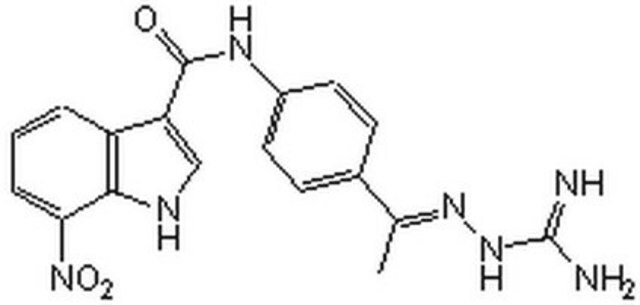F8771
Anti-Mouse IgG (Fab specific)−FITC antibody produced in goat
affinity isolated antibody, buffered aqueous solution
Synonyme(s) :
Goat Anti-Mouse IgG (Fab specific)−Fluorescein isothiocyanate
About This Item
Produits recommandés
Source biologique
goat
Niveau de qualité
Conjugué
FITC conjugate
Forme d'anticorps
affinity isolated antibody
Type de produit anticorps
secondary antibodies
Clone
polyclonal
Forme
buffered aqueous solution
Conditions de stockage
protect from light
Technique(s)
immunohistochemistry (formalin-fixed, paraffin-embedded sections): 1:200
indirect immunofluorescence: 1:64
Température de stockage
−20°C
Modification post-traductionnelle de la cible
unmodified
Vous recherchez des produits similaires ? Visite Guide de comparaison des produits
Description générale
Spécificité
Immunogène
Application
Autres remarques
Forme physique
Notes préparatoires
Clause de non-responsabilité
Vous ne trouvez pas le bon produit ?
Essayez notre Outil de sélection de produits.
Code de la classe de stockage
10 - Combustible liquids
Classe de danger pour l'eau (WGK)
nwg
Point d'éclair (°F)
Not applicable
Point d'éclair (°C)
Not applicable
Équipement de protection individuelle
Eyeshields, Gloves, multi-purpose combination respirator cartridge (US)
Faites votre choix parmi les versions les plus récentes :
Déjà en possession de ce produit ?
Retrouvez la documentation relative aux produits que vous avez récemment achetés dans la Bibliothèque de documents.
Notre équipe de scientifiques dispose d'une expérience dans tous les secteurs de la recherche, notamment en sciences de la vie, science des matériaux, synthèse chimique, chromatographie, analyse et dans de nombreux autres domaines..
Contacter notre Service technique
